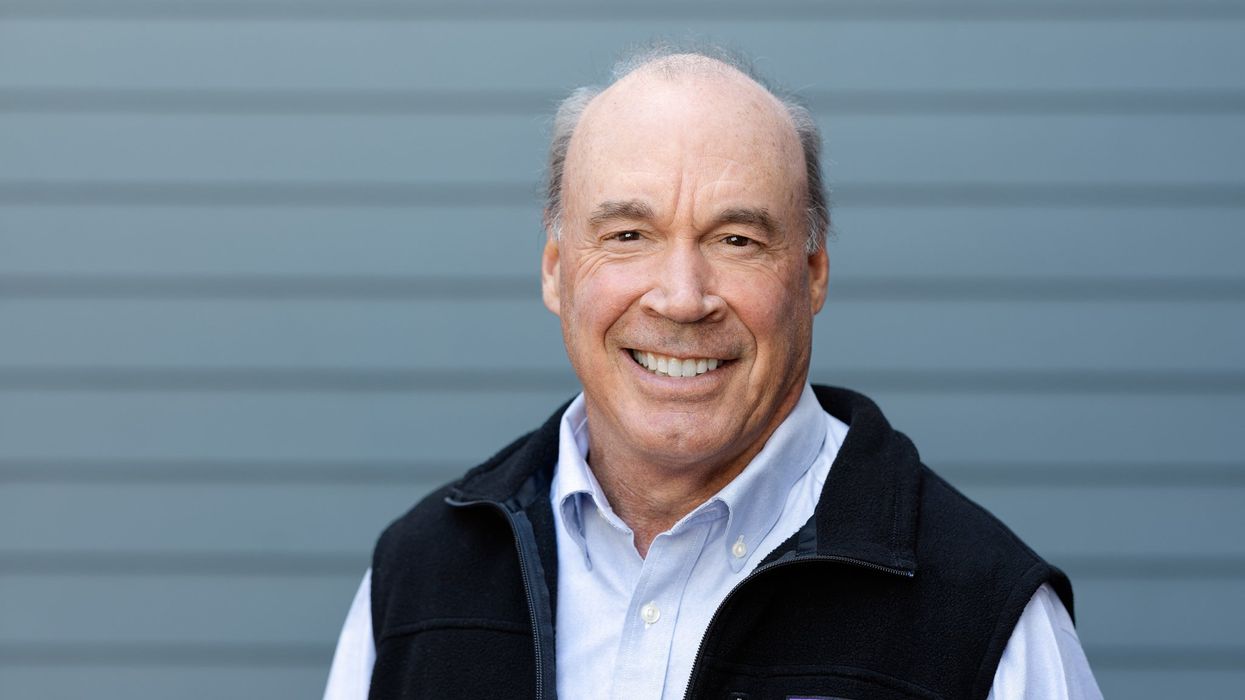David Nevins is co-publisher of The Fulcrum and co-founder and board chairman of the Bridge Alliance Education Fund.
John Palmer is long-time electoral reform advocate supportive of a more level playing field for candidates outside the two major parties. He sits on the board of the National Association of Nonpartisan Reformers, an umbrella organization for democracy reform, and currently chairs the board of Rank the Vote, an organization promoting the adoption of ranked-choice voting nationally.
Palmer and his wife, Mary, were significant financial supporters of the Committee for Ranked Choice Voting, the Maine-based organization that led the 2016 campaign resulting in passage of the first statewide use of RCV.
Palmer has supported various other democracy reform organizations and efforts, including American Promise, FairVote, the ProRep Coalition, RepresentUs and UniteAmerica.
Professionally, Palmer is co-founder of Hanover Partners, a San Francisco private equity firm. He currently serves on the boards of two companies in Hanover’s portfolio and has served on the boards of 12 previous Hanover companies.
The Palmers live in San Francisco with three children, and they spend significant time in Maine during the summer.
I had the wonderful opportunity to interview Palmer in April for the CityBiz “Meet the Change Leaders” series. Watch to learn the full extent of his democracy reform work:
The Fulcrum interviews John Palmer, Chairman of Rank the Votewww.youtube.com




















